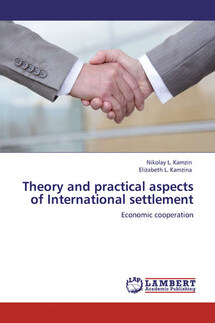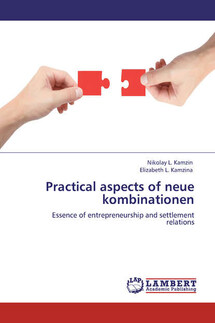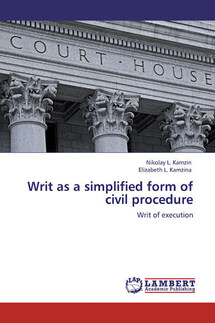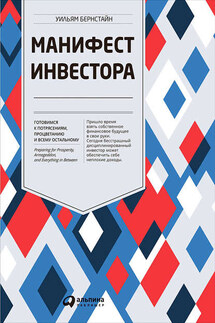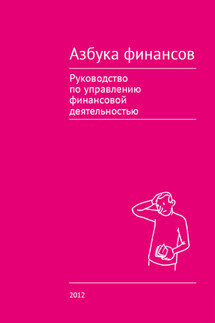Writ as a simplified form of civil procedure. Writ of execution - страница 3
In the literature, acknowledged that extrajudicial charter was a court decision handed down without trial on the defendant's failure to appear at the hearing and stated the loss of the case by the defendant. The plaintiff claimed the right as if the court had taken place.
В.Н. Татищев comment Text Court book 1550, noted that the issue of extrajudicial consequences of ratification was that the plaintiff received a letter the defendant had «the power thereof, everywhere catch before the court and submit to «правежа» and punishment» and «beat him at ease and rob, kill not only the house and not destroy». The last statement is, in fact, expressed in an archaic form of the right to enforce the debtor, the state provides to the creditor at last granted extrajudicial literacy.
The so-called «extrajudicial accusation» and called for the Cathedral Code of 1649, the rules which determine in more detail the conditions under which could be issued without trial and indicate that the extrajudicial could be issued and the defendant fails to appear at a hearing of the plaintiff.
Condemnation without trial, executed without trial in the charters, is the first step of the Russian legislator towards the creation of special rules of procedure – and reduced cost compared with the general rules. The next step was taken in the second half of the 19th century.
The Charter of Civil Procedure (GHS) in 1864 included reduced production of indisputable rules of affairs in the manner which necessarily dealt with the matter:
– on claims made on credit products and supplies, hiring of houses, apartments and all kinds of facilities, hiring servants at all production work artisans, craftsmen, day laborers and the like;
– at the request of the performance of contracts and obligations;
– claims about giving and receiving to save money and other property;
– claims for compensation for damages, losses and «самоуправное» occupation, when they do not involve disputes over the ownership of real property;
– disputes and requests that arise during the implementation of decisions;
– disputes about the privileges;
– in actions for compensation of victims of accidents and office workers in the factories and their families;
– disputes and complaints for enforcement.
In order to be considered in short all things at all, if it is agreed by the court and have not seen this particular obstacle. By order of the rules of the reduced characteristic in common, but with few exceptions, which were limited primarily to shorten the proceedings and the obligations of the parties to immediately submit the documents on which they base their rights: the plaintiff – if the lawsuit petition, the defendant – not later than the first meeting in the case.
Reduced production order has been unsatisfactory and too difficult in practice to speed up the proceedings on the undisputed liens. Measures were taken to remedy the situation. December 29, 1889 has been published rules for the production of rural chiefs and municipal judges. Earthen chiefs and municipal judges granted the right to manufacture their powers, to pay to perform acts without judicial review.
Causative execution subject to:
– acts of the serfs and notary, the acts of the payment of money or the return of things and other movable property;
– the employment contracts of real estate, certified or committed by the same procedure.

